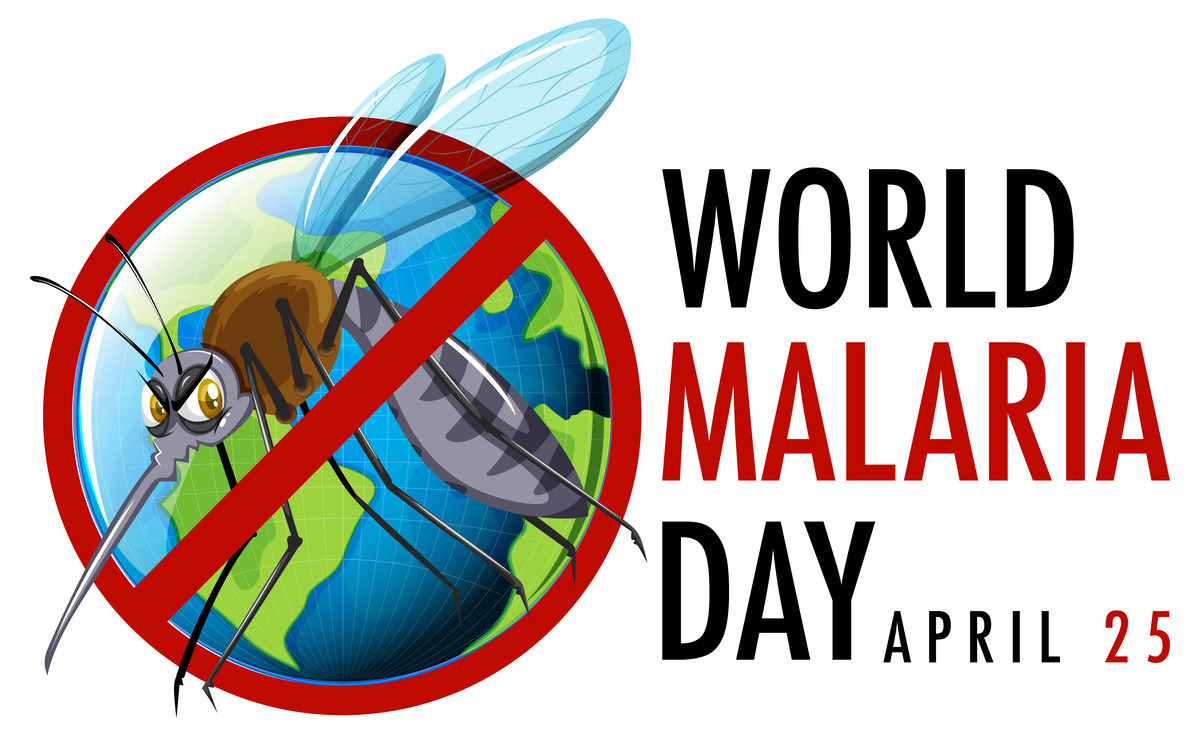 April 25, 2023
April 25, 2023
Malaria is a parasitic disease spread to humans through the bites of human mosquitoes. As per statistics, about 290 million people are infected with malaria every year, and more than 4 lakh people succumb to it.
To give you a better understanding of the disease, its symptoms, causes, and treatment, here is a blog.
Q. What is Malaria?
A. Malaria is a parasitic disease caused by a plasmodium parasite. The bite of infected mosquitoes transmits it. Its severity depends on the species of plasmodium. It can also spread by the use of blood products like unclean needles or unscreened blood. It requires a medical diagnosis, including lab tests. It is generally treatable by medical professionals and resolves within days to weeks. It rarely turns into a life-threatening disease.
Q. What are the signs and symptoms of malaria?
A. The signs and symptoms of malaria may vary from person to person. Some of the common symptoms are given below.
The signs and symptoms of malaria may usually be visible within a few days after the mosquito bite. But in some cases, malaria parasites may live dormant in the human body for up to a year. Some people who suffer from malaria might experience certain cycles of malaria "attacks,” usually starting with shivering and chills, followed by a high fever and sweating, and then a return to normal temperature.
Q. What are the causes of malaria?
A. The female anopheles mosquito plays the role of a carrier of the parasite to and from human bodies. Also, a person can be infected by coming in contact with infected blood. This can happen through blood transfusion, sharing needles to inject drugs, and from a mother to her unborn child. There is a mosquito transmission cycle that takes place. It is as follows -
Q. Who is at a higher risk?
A. Certain people are at an increased risk of the disease. They are as follows -
Q. When can malaria be fatal?
A. Malaria can be fatal when it comes with one or more of the below-given complications -
Q. Can malaria reoccur?
A. Yes, malaria can reoccur. Some types of the malaria parasite genus, plasmodium, are generally known to cause milder forms of malaria. Thus, they can persist for years and cause relapses.
Q. How can malaria be prevented?
A. Malaria can be prevented by taking the following easy steps to avoid mosquito bites. Remember, mosquitoes are the most active between dusk and dawn. Protect yourself from mosquito bites by:
Malaria can be treated and is rarely life-threatening. Follow some measures and keep yourself away from malaria. Getting the appropriate medical treatment and care is crucial to avoid any associated medical complications.
To book an appointment, contact us at +91-9540 114 114.
2025 © SSB Heart and Multispecialty Hospital.